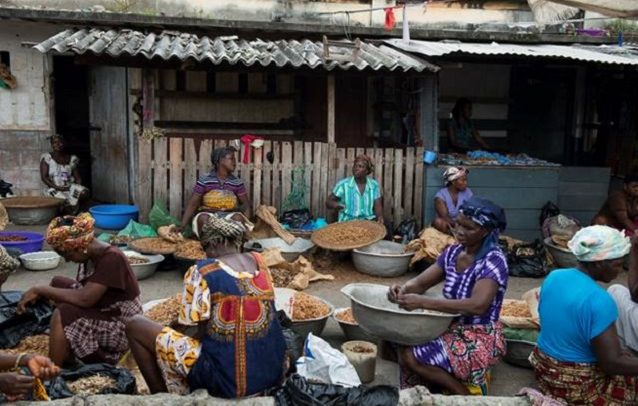
The Ghana Trade and Livelihood Coalition (GTLC) has called for increased public and private investment in the agricultural sector to scale up quality and nutritious food production and security in the country.
It said in spite of government's laudable agricultural interventions including the Planting for Food and Jobs (PFJ) programme, a lot still remained to be done if the growing national population was to be food and nutrition secured.
Mr Emmanuel Wullingdool, the Policy Officer for the GTLC, made the call in an interview with the Ghana News Agency (GNA) in Wa on the 2019 State of Food Security and Nutrition in the World report.
The report, which sought to bring to speed, issues of food and nutrition security for prompt attention, revealed that 1.9 million Ghanaians were malnourished, while about 700,000 children were stunted.
It was jointly published by Food and Agriculture Organisation, UNICEF, International Fund for Agricultural Development, World Health Organisation and World Food Programme.
The report further indicated that about 821 million people worldwide were food insecure while 17.2 per cent of the world population, representing 1.3 billion people, were experiencing moderate food insecurity.
Mr Wullingdool said considering the government's overwhelming interest in promoting agriculture, Ghana had no justification for 1.6 million of its population being hungry and another 700,000 being stunted.
He explained that stunting in children led to poor academic performances, which impacted negatively on their ability to contribute meaningfully to national development.
The GTLC Policy Officer could not understand why about 80 per cent of the population in the Upper West Region were engaged in agriculture and yet about 15 per cent of children in the region were stunted.
Mr Wullingdool emphasised the need for the government to prioritise the nutrition value of the food produced in the country in attempts to meet the United Nation's Sustainable Development Goals (SDGs) aimed at ensuring zero hunger by 2030.
He noted that government, through the PFJ programme, promoted the cultivation of some varieties of crops such as maize and rice and advocated for the inclusion of millet, which according to him was rich in nutrition.
"Crops cultivated in the country should be tripartite in nature, that is, the crops should be high yielding, climate resilient and high nutrition content," said the GTLC Policy officer.
Read Full Story























Facebook
Twitter
Pinterest
Instagram
Google+
YouTube
LinkedIn
RSS